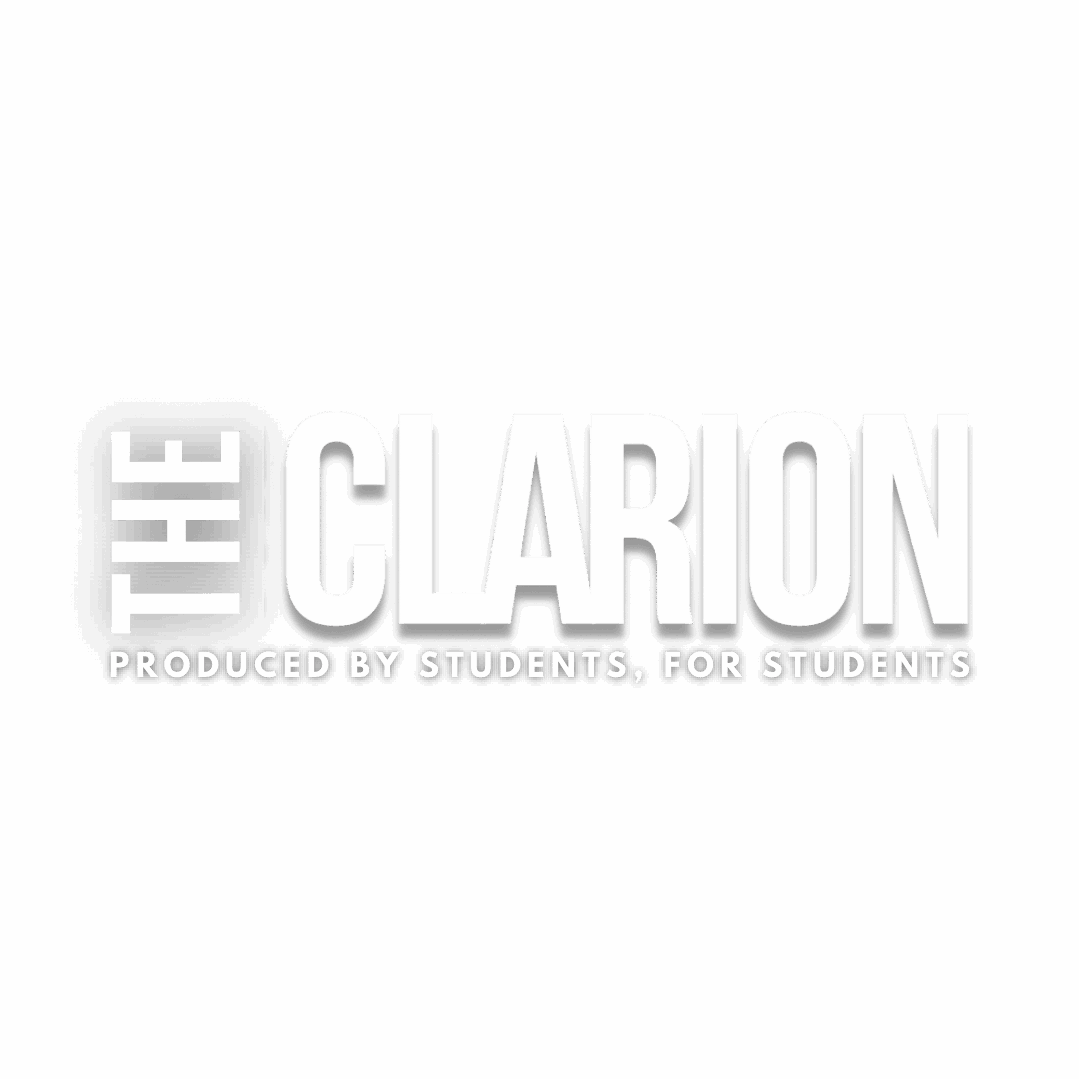Understanding who makes decisions at one’s college is crucial to staying informed about academic and institutional changes. At Sinclair College, the Board of Trustees plays a central role in shaping the college’s direction.
According to the Sinclair College website, the Board of Trustees is appointed to five-year terms and has governance authority over the entire college’s operations. Dr. Steven Johnson, the college president, reports directly to the Board of Trustees, who has delegated daily operational responsibilities to him.
Sinclair College’s Board of Trustees is made up of 11 members. Each Trustee brings leadership and governance expertise from the greater Dayton area’s economic, industrial, civic and educational communities.
The Board holds monthly meetings to address important decisions related to the college’s operations. These meetings are open to the public and typically last between one or two hours.
On May 13, 2025, the Board of Trustees met, joined by the president’s cabinet, Dr. Rena Sebor, who is currently serving as the College’s Dean of Health Sciences and newly selected as Senior Vice President and Provost and other members from the Sinclair Community.
Some awards and accomplishments were recognized that day, including the Teaching Excellence Award 2024-25.
In that meeting, the Board of Trustees authorized the launch of the Artificial Intelligence (AI) Excellence Initiative at Sinclair. Based on the Meeting Agenda, this initiative will be used for teaching and learning to achieve outcomes tied to six core objectives. It is part of Sinclair’s strategic plan for 2024-27.

According to the agenda, the six core objectives are: The redefinition of AI as a transformative opportunity; embedding Meta AI skills into curriculum and learning outcomes; transforming pedagogy to integrate AI as a learning partner; AI-powered personalized learning and student support; industry engagement for AI workforce readiness; and faculty and staff AI competency development.
For those who are unaware, Sinclair has been a partner with the Aspen College Excellence Program and the Community College Research Center (CCRC) since January 2023. This has been a focused area in Sinclair’s strategic plan, and it aligns with the increase in post-completion outcomes in living-wage jobs.
The Board of Trustees authorized an update on this “Unlocking Opportunity,” proposing a $1.4 million three-year phase II project. It will ensure that more students enter and complete academic programs that lead directly to jobs that pay a family-sustaining wage over the coming years or to completing a bachelor’s degree, thereby improving post-completion outcomes for thousands of students nationally.
Other resolutions were authorized as well, including launching Sinclair Promise 2030, which proposed a $ 1.7 million college-wide initiative focused on institutional readiness, innovative retention practices and comprehensive student guidance.
When COVID-19 hit the world, many things had to be changed, including how students were taught; it went from in-person to virtual learning. This change came with struggles like a lack of focus, many distractions and many students not taking their classes seriously, which made many of them lack college readiness.
Sinclair Promise 2030 aims to prepare these students for college-level learning, where they will receive all the help they need to perform well in their courses.
Regarding Senate Bill 1 (SB1), which was signed into law by Gov. DeWine on March 28, 2025, and will take effect around June 25 this year. Everything at Sinclair, including the Master Course Syllabus, is being updated in alignment with SB1. This is part of Sinclair’s compliance plan.
Sinclair has created an internal document to provide managerial guidance for compliance and to clarify operational definitions in response to SB1, which eliminates diversity, equality, and inclusion (DEI) initiatives, trainings and orientations at publicly financed Ohio colleges.
According to President Johnson, Sinclair has proactively defined DEI within its context to prevent uncertainty, given the absence of an official legislative definition and the possible financial penalties for violation.
The College prohibited DEI activities, including any race-based or sex-based allocation or denial of funding, resources, evaluations or access to opportunities.
This means that all the programs reserved only for one race or sex will now be available to whoever is interested in joining that program and the same goes for resources. This will also affect all the scholarship funds provided for one race or sex.
For more information on the Board of Trustees meeting, visit the meeting agenda.
While the Board acknowledged challenges introduced by SB1, including institutional adjustments, the meeting also highlighted proactive strategies Sinclair is taking to navigate these changes.
Sinclair is introducing ways to help students with academics and find good-paying jobs upon completing their studies.
Esperance Amuri, staff writer
Check out more post by the Clarion:
- My Voice: Christmas cryptids bring haunts to the holidays
- 5 Christmas movies to stream during winter break
- My Voice: Keep pets safe during the holidays
- A holiday tail with a twist: ‘Twas’ brings inclusivity, pets and sign language to Sinclair Theatre
- Editorial: Calling out the press – or silencing it? The White House’s troubling new tactic

